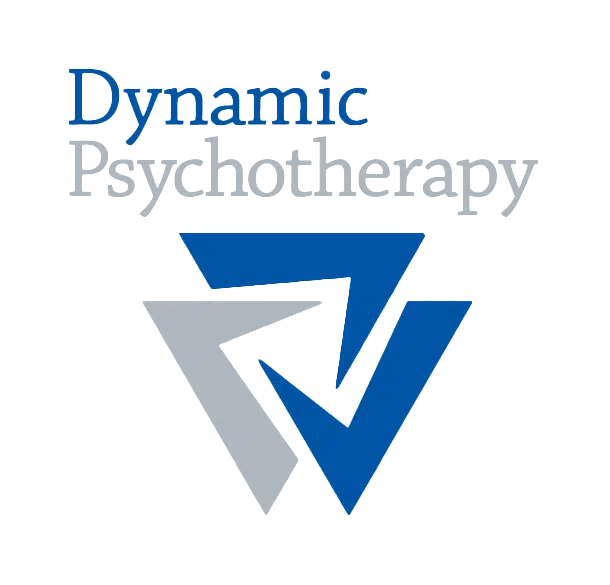School Refusal is when adolescents and children attend school under much duress, and experience great distress in the process, or refusal to attend at all.
There can be a number of reasons that young people experience distress around attending school including:
- Transitioning from primary to high school
- Worry about leaving one or both parents
- Recent or ongoing illness in the family
- Family stressors including moving house or parental separation
- Anxiety about academic performance
- Anxiety related to social interactions
- Bullying

Some children might cry, yell or scream, and throw tantrums at the prospect of going to school. Others may cry or plead to stay at home.
Some children leave the school ‘without permission’ due to their anxiety and other emotional distress.
Sometimes children can experience problems with sleeping, nausea, or pains that typically decrease once they are allowed to stay at home.
For some children the distress and behaviour are triggered only in the hours approaching school attendance but for others, the change in behaviour becomes pervasive and impacts on all aspects of their life and functioning within the family. Sometimes the child or adolescent’s difficulties are not specifically related to issues at school but the refusal to attend school is one of the more obvious signs that the child or adolescent is experiencing an underlying problem.
At Dynamic Psychotherapy, we focus on using a tailored approach to navigate the unique challenges both the young person and family are experiencing due to school refusal.
Our therapists focus on developing a strong rapport with the young person to be able to unpack the underlying problem linked to their refusal to attend school. Generally, there is a strong focus on anxiety regulation, and increasing self-efficacy throughout the therapy sessions.
We also work in conjunction with parents to focus on stress relief relating to school refusal, and to explore strategies to increase school attendance that can be used outside of the session. If warranted, and with the permission of the young person and the parents, therapists will also be in contact with schools to ensure a well-rounded support system for the child or adolescent and their family.
Our school refusal sessions often use a dual practitioner model, where one therapist will work with the young person, and another with the parents/caregivers. This approach allows for the young person to develop a strong rapport with their therapist, while also ensuring that the parents/caregivers are fully supported throughout the process. Your therapists will discuss the specific details of confidentiality with you in your first session.
There will also be a brief psychometric assessment conducted in session two which helps us monitor progress throughout the sessions, and engagement in schooling.
In the following sessions, the therapist and young person will work together to understand the anxiety and distress around schooling, before collaboratively using practical techniques to address the anxiety and distress and increase engagement in schooling.
The therapist and parents/caregivers will aim to increase the ways that they can support the young person in school re-engagement, including problem-solving unique concerns that occur in the household, and developing specific techniques that suit both the young person and family’s needs.
To make an appointment, or for further information, please contact Dynamic Psychotherapy Reception.
If you want to know more about school refusal, we recommend this article by Melbourne University.
